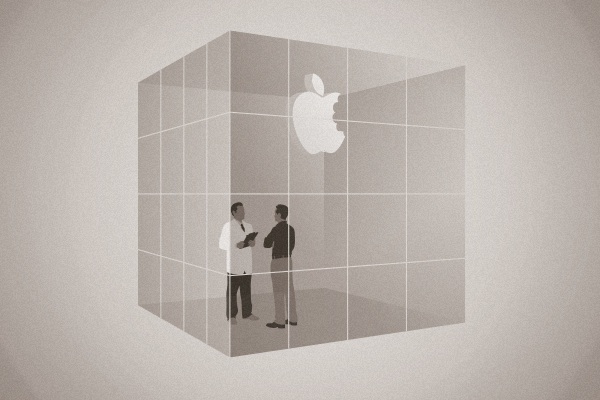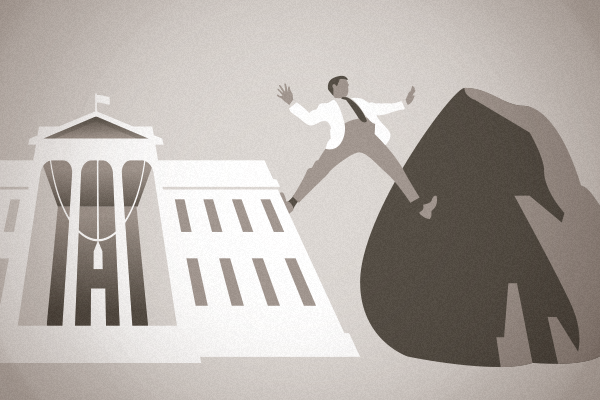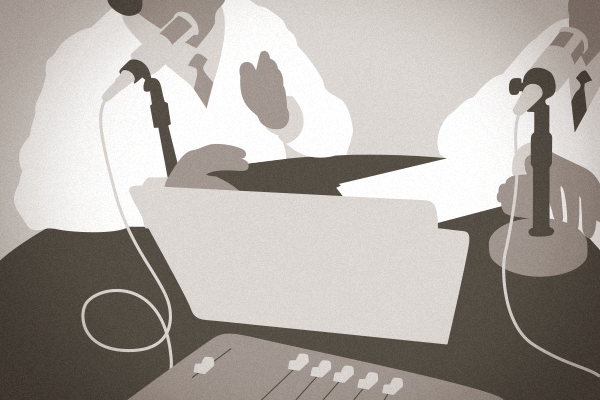John F. Hunt, MD writes on Kevin MD, “If you learn nothing else today, I would ask you to learn that moral hazard is the cause of medical price hyperinflation.” His is a controversial post, meant to elicit click-through with the title, “The cheapest form of health care is to let sick people die.”
Obviously, Dr. Hunt doesn’t want anyone to die. However, his argument is that so long as it’s the government’s obligation to take care of people, prices will skyrocket. This is due in part to the inherent moral hazard. He explains, “Moral hazard is when the person who bears the economic burden of a decision is not the decision maker.” In healthcare, the moral hazard is a third party payer (insurance/government) bearing the economic consequences of a patient’s decision.
Dr. Hunt makes an excellent point. When there’s moral hazard, the patient cares less about drug and procedure cost, and what doctors charge. As a result, he says, prices rise when the “buyer” doesn’t care about these costs. He compares this to teens given no-reins access to their parents’ credit card. “[Then] if everyone in America let their teenage daughters go shopping for clothes… the prices would skyrocket.”
He explains the catch-22 in play here. So long as the government/insurance are responsible for payment, the actual prices of services will be hyper-inflated. The only way to break this cycle is to make the patient the person who bears full financial responsibility. The problem is that we as a populace need to make that leap of faith. Direct care patients are doing this. Direct care docs are doing this. The question is when will everyone be doing this? Only then will we see prices return to realistic levels. Seriously, the out-of-pocket cost of an ambulance trip alone would break most Americans’ banks.
READ DR. HUNT’S BLOG POST ON KEVIN MD







